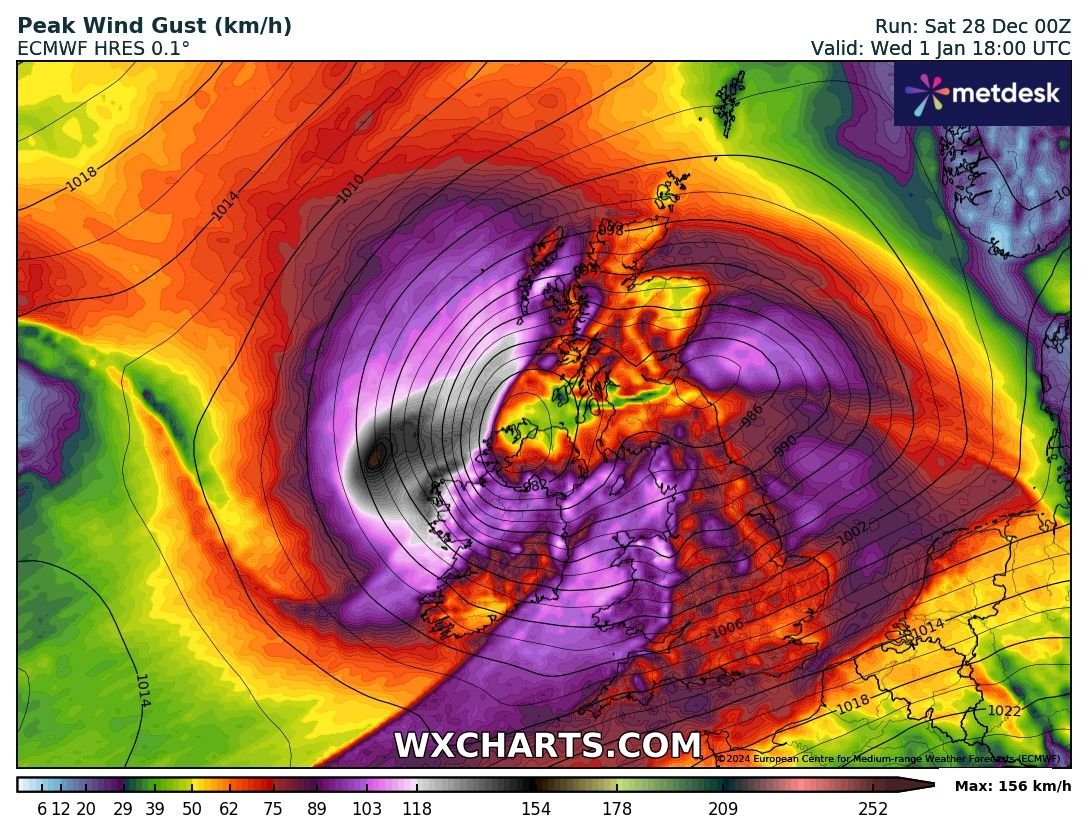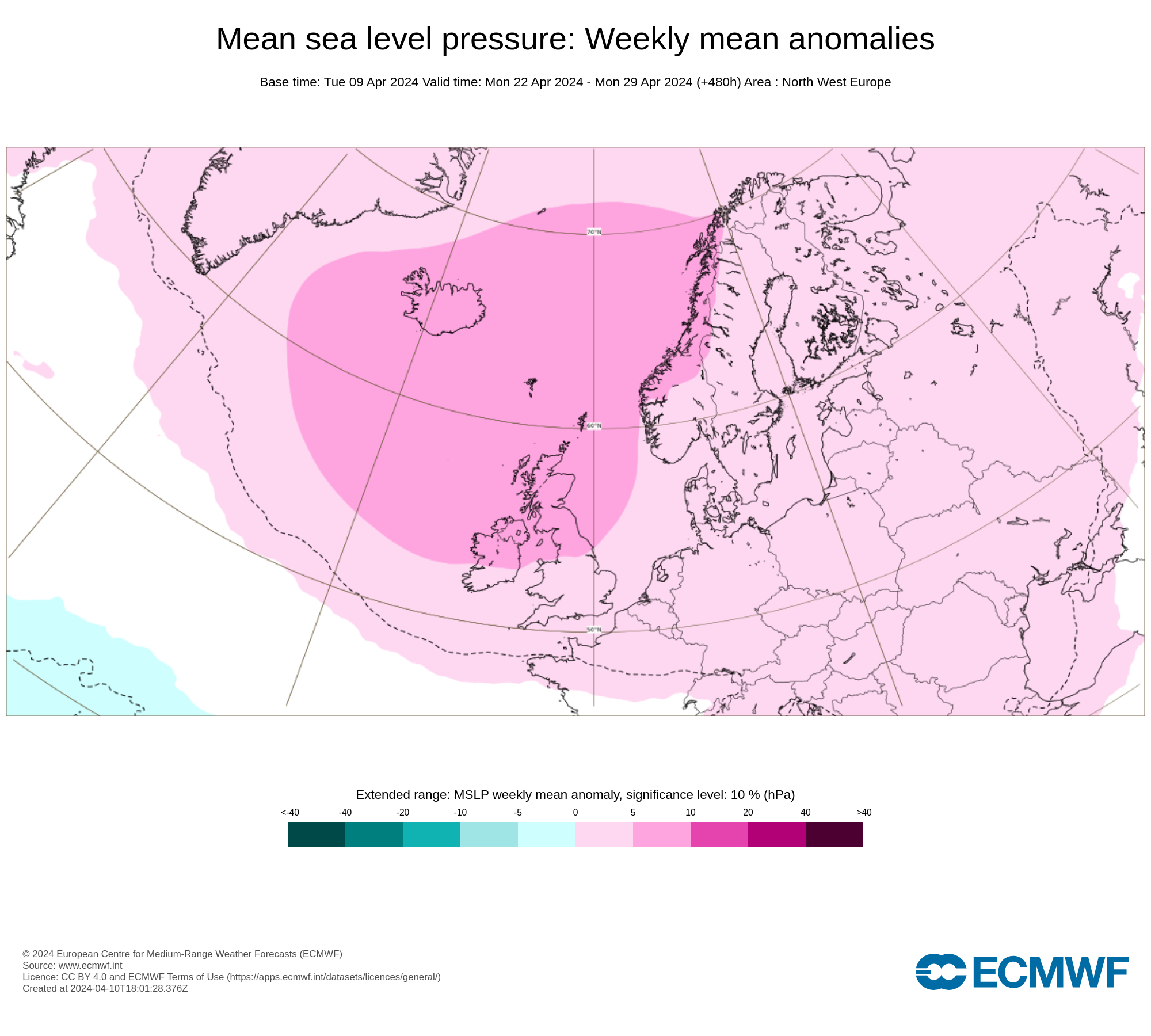European weather services hit by storm of malicious email attacks
Weather services throughout Europe have been caught in a storm of malicious email attacks previously week, forcing teams to improve safety measures and creating challenges for employees.
The Met Office and European Centre for Medium-Range Weather Forecasts (ECMWF) within the UK, Spain’s State Meteorological Agency and the Danish Meteorological Institute (DMI) are among the many European services that have been affected, New Scientist has confirmed.
People at meteorological services have obtained a mass of emails purporting to come back from trusted contacts, with some of the senders spoofing European Commission addresses.
The widespread attacks got here after the laptop computer of a person within the meteorological group was contaminated by malware, main the person’s mailbox to be acquired by a botnet, the ECMWF says. The botnet then used their email account to ship messages with malware to contacts locally. Email lists from a number of worldwide meteorological organisations, which haven’t been named, have been contaminated.
“Whilst this attack has created disruption, we can confirm that the attack has remained at email level and that our systems were not breached, and our operations were at no time jeopardised,” a spokesperson for ECMWF says.
It is unclear whether or not the attackers have been intentionally concentrating on weather services, that are thought of nationwide infrastructure in lots of international locations, or just acquired fortunate by infecting the pc of a person who was a member of a number of meteorological teams.
Either method, the assault posed a problem. The Met Office confirmed a number of members of employees had obtained malicious emails which purported “to be from a range of sources within the European Met community.”
A spokesperson for the Met Office says the quantity of emails has significantly lowered in the previous couple of days and it’s assured that measures put in place, together with blocking hyperlinks and attachments and offering safety steerage to employees, means no machines have been compromised. The new measures “created some challenges for our day-to-day work” however the influence on services had been minimal, they add.
Ruth Mottram, a local weather scientist on the DMI, says there was some minor disruption as legit emails are being caught in spam filters. Colleagues at different weather services have reported IT departments are stripping out any attachments, she provides. The attacks are “naturally putting a bit of pressure on the email system, and therefore working life”, however the DMI’s IT staff are “on top of it”, she says.
Mike Beck at UK cyber safety agency DarkTrace says meteorological teams would possible be naturally susceptible to such attacks as a result of of their open and collaborative nature. “I’ve seen that before in academia, it’s much easier for attackers to spread,” he says.
David Emm on the Russian safety firm Kaspersky says having an insider’s email account compromised is “gold” for attackers, and would have helped emails unfold. He says it’s exhausting to say whether or not the proprietor of the unique contaminated laptop computer was focused particularly, or fell sufferer to a generalised phishing strategy.
You can find all the latest weather warnings and forecasts by downloading our app from the google play store by clicking below















